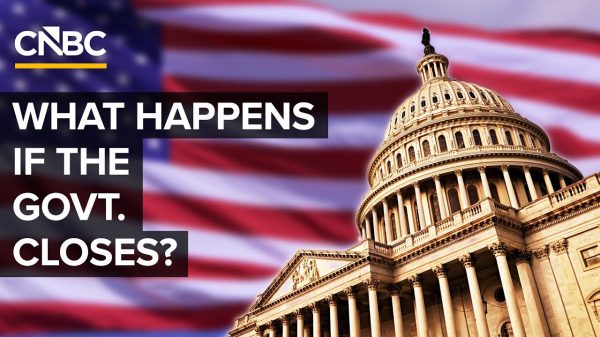September’s blowout jobs report barreled through expectations Friday, led by employers in the leisure and hospitality sector.
The U.S. economy added 336,000 jobs in September, according to the latest report from the Bureau of Labor Statistics. Leisure and hospitality enterprises were responsible for about 28% of those jobs, adding 96,000 positions last month on a seasonally adjusted basis—the most out of any single industry. That figure is well above the average monthly gain of 61,000 over the prior 12 months, the BLS said.
“Much of the growth we have seen is in services where demand remains high, but they are chronically challenged with staffing—hotels and restaurants primarily,” said Jim McCoy, senior vice president of recruiting firm
ManpowerGroup
(MAN), in an email to Barron’s.
September’s gains finally returned employment in food services and drinking places to its prepandemic level, the BLS said. Accommodation employment, however, is still below February 2020 levels by about 10.3%.
Still, the September surge in hospitality and leisure came as a surprise to economists. The sector typically sees more job losses than gains in September as summer seasonal workers start falling off payrolls, said Gregory Daco, chief economist at EY, in a phone call. What’s more, job growth in the sector had been decelerating in the past few months, he added.
There’s a few things that could have fueled the increase. It’s possible that the seasonal adjustment is too strong following the pandemic and fails to reflect the realities of the postpandemic labor market, Daco said. Some employers may also be holding on to workers for longer, given that they were so hard to recruit. McCoy adds that higher interest rates and the return of student loan payments may be driving some households to look for additional income.
When asked if holiday season preparations were impacting September’s hiring data, both Daco and McCoy said no. While the sector hires some end-of-year seasonal employees, summer is the biggest hiring season, Daco said. Plus, holiday onboarding often begins in November, so September’s figures wouldn’t reflect that increase, McCoy said.
“Generally, the back end of the year is when you see we tend to more job losses,” Daco agreed, adding that observers should be careful in assuming this is the onset of brand-new hiring momentum for the hospitality and leisure sector.
Holiday hiring momentum will likely be concentrated among companies in the retail sector. And with many companies moving up their holiday sales to early October, they are also likely to want to get head start on holiday recruitment efforts.
“This is the time of year employers start gearing up for the holidays in sectors like transportation, warehousing, and customer service,” said Amy Glaser, senior vice president at staffing agency Adecco, in an email to Barron’s.
The retail sector added 19,700 jobs last month, according to the jobs report, up from 400 in August. Companies like Target (ticker: TGT), Amazon.com (AMZN), and Macy’s (M) announced holiday hiring plans in September and some listings have already been posted. Although
Macy’s
plans to hire fewer seasonal employees, Target’s hiring plans are in line with last year’s and Amazon is planning on onboarding 100,000 more workers than 2022.
“While we aren’t seeing the same job growth in retail [as in restaurants and hotels], we continue to see robust hiring forecasts for seasonal workers, as many retailers believed they missed sales due to store-understaffing last holiday season,” McCoy said.
The strength of September’s job report initially startled markets, spurring fears that the Federal Reserve would see it as a sign to tighten interest rates further. But those concerns had mostly been assuaged by midafternoon Friday. Daco believes the report contained elements that were the “best of both worlds.” Job growth suggested that economy is still robust, but wage growth moderation means higher earnings won’t push inflation further up.
The report is also good news for workers, said Chris Todd, CEO of payroll software company UKG, in an email to Barron’s.
“Employees remain in the driver’s seat, especially those in front-line roles, and they can be selective about the types of businesses they want to work for,” he added.
Write to Sabrina Escobar at [email protected]
Read the full article here





